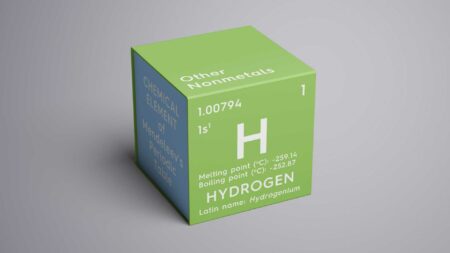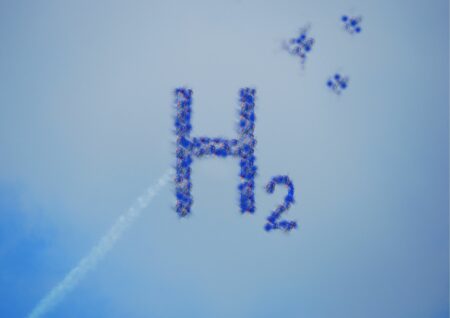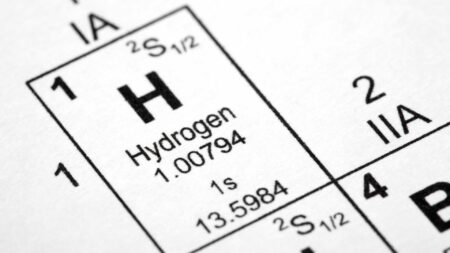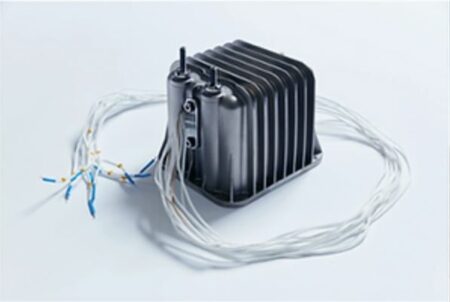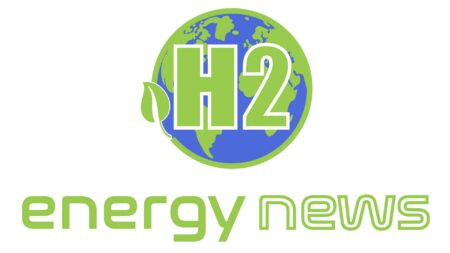Green hydrogen is gaining traction as a key player in transitioning to a sustainable energy future. Produced through electrolysis of water using renewable energy, green hydrogen offers a carbon-free alternative to traditional hydrogen methods.
Browsing: nuclear
One of Australia’s leading energy utilities, EnergyAustralia claims that clean hydrogen may eventually replace natural gas for power plants, eliminating the need for costly nuclear generators.
Italian Minister of the Environment and Energy Security, Gilberto Pichetto Fratin, engages in discussions with French counterpart Bruno Le Maire at the EU Energy Council, emphasizing the significance of renewable sources, hydrogen, and advanced nuclear power for energy security and decarbonization.
In the quest for decarbonization, nuclear power and green hydrogen emerge as a formidable duo, offering a beacon of hope for a sustainable future.
UK’s Department for Energy Security and Net Zero is committing £6.1m ($7.4m) to the Bay Hydrogen Hub. This ambitious project, backed by a consortium comprising EDF, National Nuclear Laboratory (NNL), and Vulcan Burners, aims to supply hydrogen to an asphalt plant, demonstrating zero-emission asphalt production using nuclear-derived hydrogen.
ULC-Energy, Topsoe, and Rolls-Royce SMR have joined forces to explore the possibilities of producing hydrogen using Topsoe’s Solid Oxide Electrolysis Cell (SOEC) technology, powered by both electricity and heat generated from a Rolls-Royce SMR nuclear power plant.
In a pivotal development that could reshape the future of energy, nuclear power plants in the United States are exploring a groundbreaking marriage with hydrogen production. The concept involves utilizing low-cost nuclear electricity to generate hydrogen from water, a move that not only holds intellectual promise but could be a substantial player in the global energy transition.
The Nuclear Energy Institute (NEI), along with Constellation, Energy Harbor, PSEG, and Vistra, has submitted a letter to the Treasury Department and Internal Revenue Service expressing concerns over proposed changes to the Inflation Reduction Act’s clean hydrogen production tax credit.
Nuclear power can play a crucial role in the production of zero-carbon hydrogen due to its competitive pricing, relatively small geographic footprint, and high capacity, say analysts and industry heads.
For 35 years, the Emsland nuclear power station in northwest Germany has consistently delivered electricity to millions of homes and numerous well-paying jobs in an area that was formerly a backwater of agriculture.


